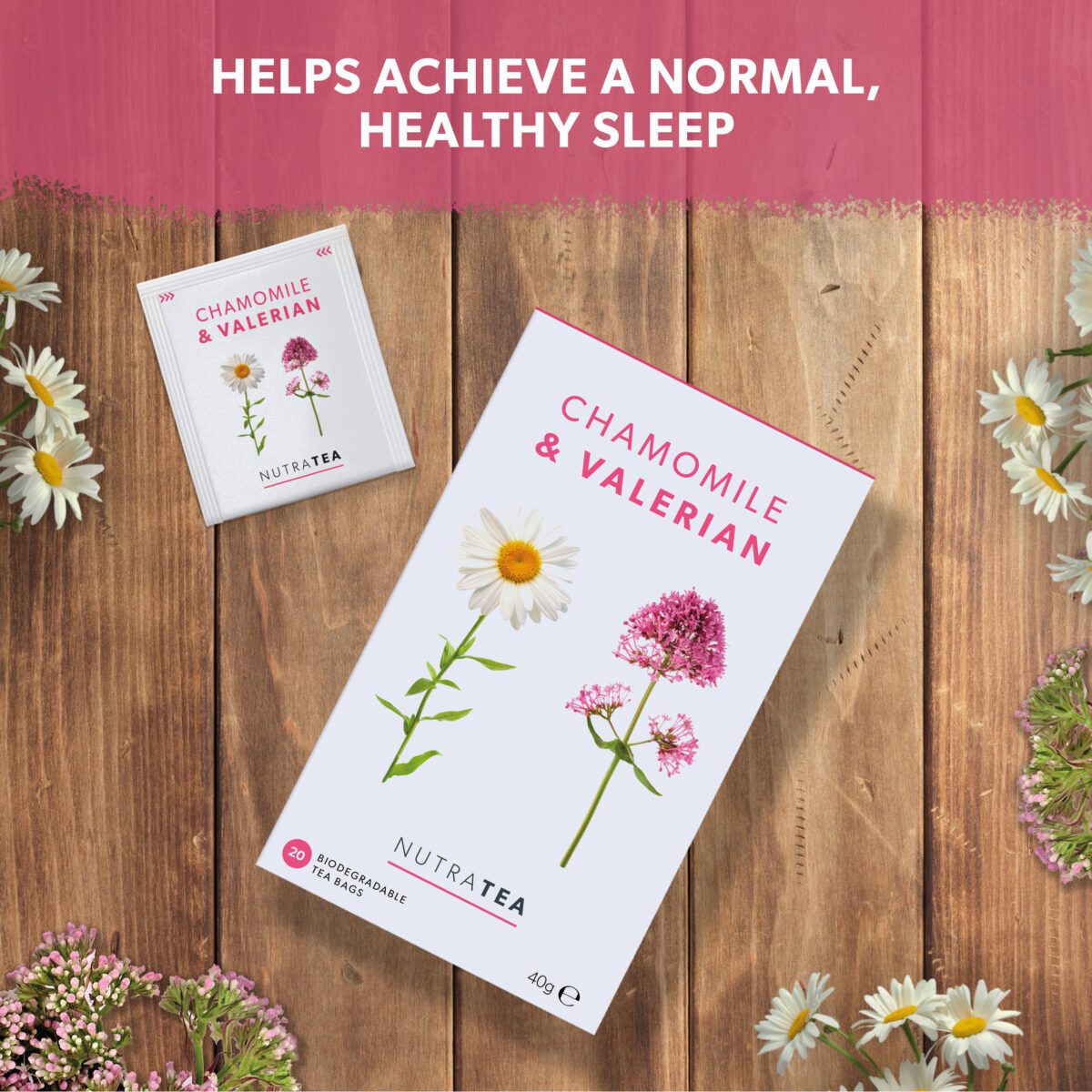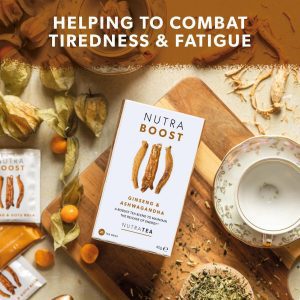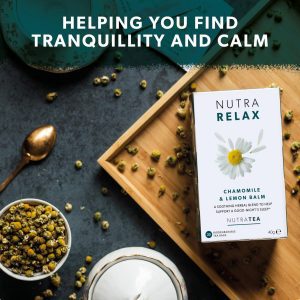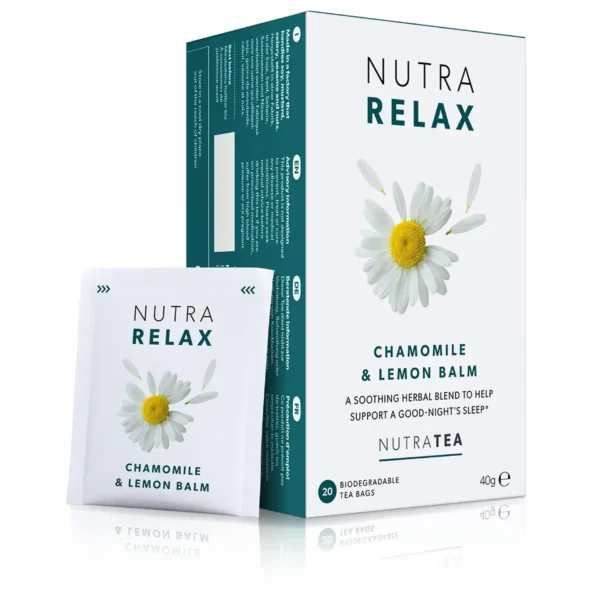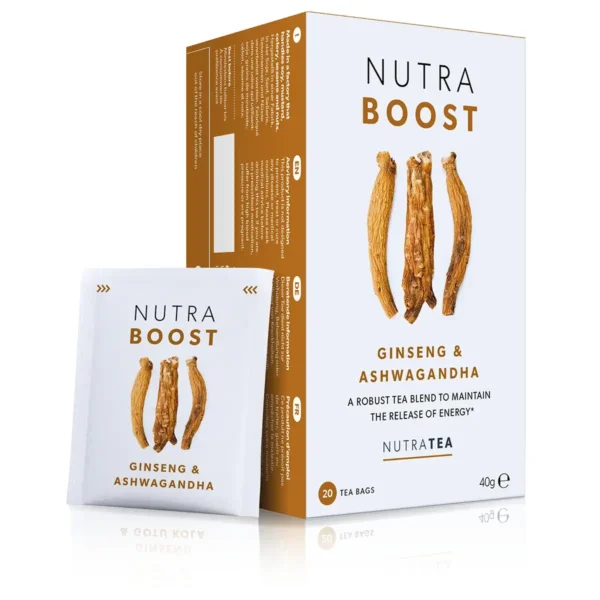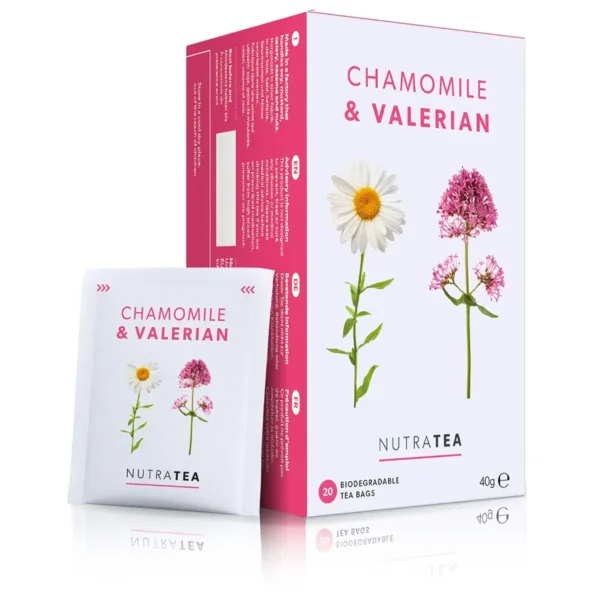SLEEP & RELAXATION IMMUNITY & ANTIOXIDANT VITALITY & INFLAMMATION ANTIOXIDANT & DIGESTION ENERGY & CLARITY WELLNESS & BLOOD SUGAR RESPIRATORY & IMMUNITY PREMIUM & FLAGSHIP BLENDS FLAGSHIP TEAS PREMIUM BLENDS PREMIUM & FLAGSHIP BLENDS PREMIUM & FLAGSHIP BLENDS PREMIUM BLENDS TEA MUGS, CADDY & BUDDY
6 Herbal Remedies for Better Sleep During Menopause
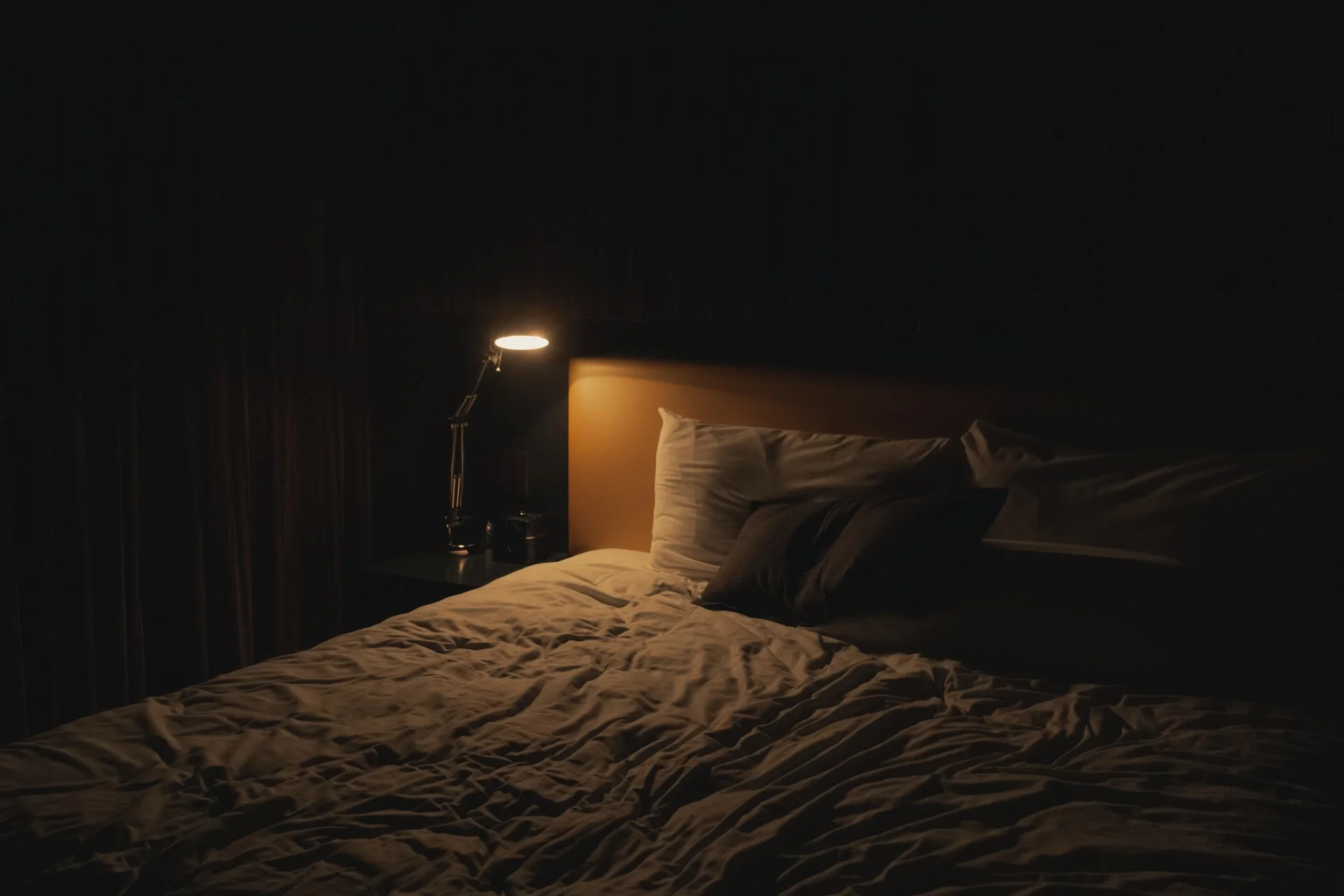
Insomnia is a common symptom of menopause. Discover how to cope with our list of herbal remedies for better sleep during menopause and perimenopause.
—
Navigating the transition through perimenopause into menopause (and beyond) can be stressful. Not only are you coping with the physical and emotional impact of reaching this turning point, but your body also has loads of fun new symptoms to keep you on your toes.
And to make life harder, one of the common symptoms of menopause is disrupted sleep. Just at the point where you could really use a good night’s rest to help you get through the next day, insomnia, night sweats, and anxiety arrive to keep you wide awake until the small hours of the morning.
Sadly, just because your changing hormones are keeping you from your rest, doesn’t make your need for sleep any less. And we all know the impacts of a bad night, which often leaves us feeling cranky, irritable, and foggy the next day.
As a result, it’s normal for people going through menopause to look for ways to get a better night’s sleep.
While we can’t promise any magic bullets, there are some things that can help. These include:
- Keeping your bedroom cooler at night to alleviate hot flushes and night sweats
- Avoiding alcohol, which disturbs our rest
- Getting plenty of exposure to daylight during the day to encourage your body’s natural sleep-wake cycles
- Having a relaxing evening routine, including putting away screens at least an hour before bed
- Supplementing with melatonin, a hormone that is involved with regulating our sleep cycles
Of course, there are also over-the-counter medications that may help with sleep issues during menopause. You can talk to your doctor or a pharmacist if you want to explore this option.
However, many people prefer to try natural remedies before turning to manufactured drugs. If you’d like to try herbal remedies for better sleep during menopause, this list is for you. We’ve pulled together six of the best herbs for insomnia and disturbed sleep.
1. Valerian
Valerian is one of the most-research herbal remedies for sleep issues. It’s been used since ancient times to treat insomnia, headaches, and fatigue. It’s also one of the most commonly used herbal remedies for better sleep during menopause.
It’s the root of this plant that is used in herbal medicine, typically in its dried form. As well as helping us fall asleep and stay asleep longer, valerian root may also reduce anxiety, which is another common symptom of menopause.
2. Chamomile
A daisy-like flowering plant that is native to Europe and Asia, chamomile is another popular herb for treating sleep issues. Like valerian, it has been used in herbal medicine for thousands of years and remains one of the most popular herbal remedies today.
Chamomile contains a flavonoid called apigenin which acts as a mild natural sedative. This not only helps us to fall asleep more easily, but it may also soothe the anxious thoughts that can keep us awake into the early hours.
You can find chamomile and valerian together in one of our soothing flagship tea blends.
3. Ashwagandha
An adaptogen that is one of the most prized herbs in Ayurveda, ashwagandha is another herbal remedy that is used to alleviate sleep issues during perimenopause and menopause.
This calming herb is also great for boosting focus and concentration, relieving stress, and banishing fatigue – all common issues in menopause.
If restless nights are making you feel tired and foggy the next morning, try ashwagandha in NutraBoost, our energising premium tea blend.
4. Lemon Balm
Another well-established herbal remedy for insomnia and anxiety is lemon balm. This calming herb has a delicious, uplifting flavour and works well combined with other herbs, such as chamomile and passionflower.
Lemon balm is particularly helpful if your insomnia is accompanied by anxiety and racing thoughts. It helps to relax the mind and the body, making it easier to get a good night’s sleep.
5. Passionflower
Native to South America and southern North America, passionflower is a climbing vine with distinctive flowers that is traditionally used to treat insomnia and anxiety.
During menopause, passionflower may also be effective in treating other symptoms, such as mood swings, anxiety, depression, and headaches.
6. Liquorice
The root of the liquorice plant has many benefits and is used as a herbal remedy for a wide variety of conditions. During menopause, it is this herb’s phytoestrogen content that might make it of particular interest.
Phytoestrogens are plant-based compounds that mimic the effects of oestrogen in our bodies, but in a milder way. Since many of the symptoms of menopause are caused by our dropping oestrogen levels, getting more phytoestrogens in our diet may help us cope.
Liquorice is also good for reducing anxiety and promoting sleep. And if you are struggling with hot flushes at night, drinking liquorice tea may help here too.
You can find chamomile, lemon balm, passionflower, and liquorice combined in our NutraRelax blend, which is designed to support sleep and promote relaxation.

